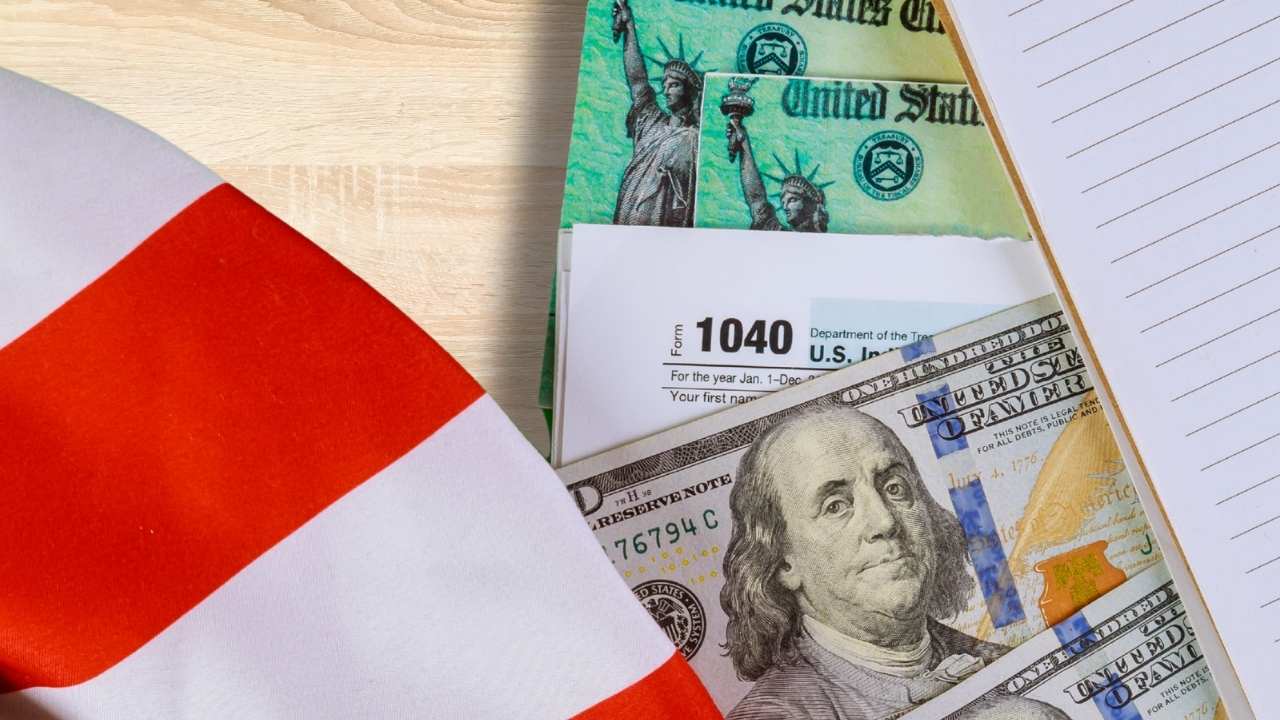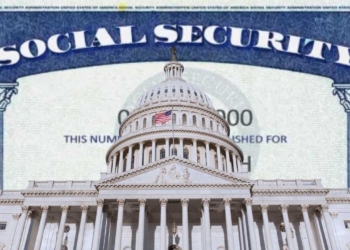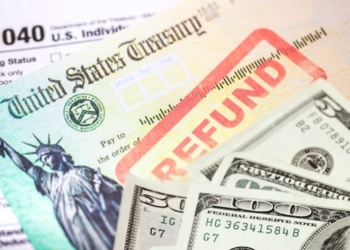Information is circulating on various digital platforms and message chains regarding an alleged federal payment, in the shape of alleged tax refunds that amount up to $1,390. This payment is promoted as targeting low and middle-income taxpayers, with the particularity that it “would be” issued before the end of the summer of the current year.
The narrative presents this action as if it had already been approved and implemented by the Internal Revenue Service (IRS) and the United States Department of the Treasury, suggesting the process is already underway.
Rumors has it about new money set by the IRS, yet here’s the truth
The requirements mentioned to access this benefit are copied from the economic aid programs implemented during the pandemic. Specific income caps are established, set at $75,000 for individual filers and $150,000 for couples filing a joint return.
The fundamental condition promoted is the fact of having filed a 2024 tax return. Furthermore, it is specified that the methods of this payment would be identical to the previous stimulus payments: via direct deposit into bank accounts, mailing a physical check by postal mail, or issuing an EIP card.
Variants of this rumor expand the selection of supposed beneficiaries. Some versions indicate that people receiving Social Security Disability Insurance and Old-Age and Survivors Insurance benefits would also receive this payment. Other iterations of the hoax incorporate the need to pre-register through links directing to unofficial third-party websites.
A particularly concerning variant suggests that a verification fee must be paid to expedite the receipt of the money or to confirm bank details. You could infer this could be a scam.
Mixing a legislative proposal with misinformation
To lend an appearance of credibility, certain publications mix elements of the rumor with data from a real bill currently in the legislative process. This bill, which discusses rebates potentially funded by tariffs, is cited as the basis that would prove the imminence of the $1,390 payment.
This strategy aims to confuse the public by linking an unapproved legislative initiative to a payment program presented as active and operational.
The truth, according to public information provided by the Internal Revenue Service and a review of the current legal framework, is different. There is no official announcement by the IRS detailing the implementation of a new payments or tax refunds with the described characteristics.
The agency’s official newsroom, which is kept updated, did not contain any communication in August 2025 establishing or mentioning a federal payment of $1,390 or any similar amount under a new program.
The so-called Economic Impact Payments, which were distributed during the pandemic period, were all issued in their entirety. The only pending management related to those funds consisted of the possibility of claiming missing amounts through the Recovery Rebate Credit for the 2020 and 2021 tax years.
It is crucial to understand that this credit does not constitute a new check, but rather an adjustment on the tax return to obtain a benefit corresponding to previous tax years that had not been claimed.
The closure of an old program versus the promise of a new one
In late December 2024, the IRS did make an announcement about certain stimulus payments. These payments were specifically targeted at people who, while meeting the requirements, had not claimed the Recovery Rebate Credit for the 2021 tax year.
Disbursements for this specific initiative were completed by the end of January 2025. This process was the final sweep and official closure of that particular credit; it was not at all the launch of a new program of payments for the year 2025.
For a federal disbursement of funds of this nature to exist, it is imperative that a law passed by Congress and enacted is in place. The bill frequently cited in the rumors, known as the American Worker Rebate Act and registered under number S.2475 of the 119th Congress, was only introduced.
Its current status is under review within the Senate Finance Committee. This status means it is not a law, has not been voted on by either chamber, and therefore does not authorize or permit the execution of any payment.







